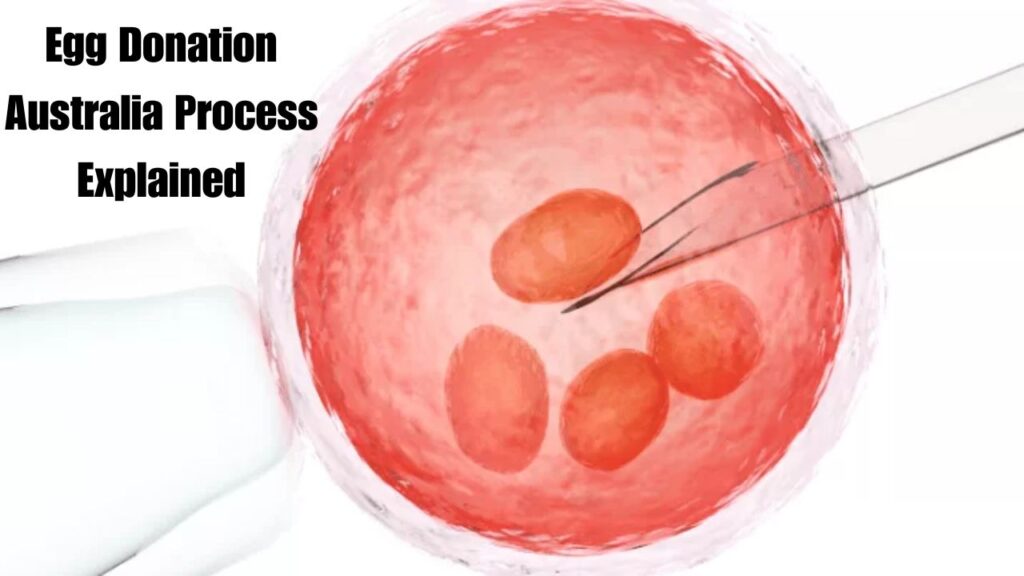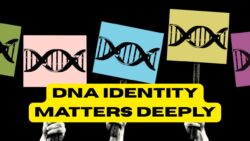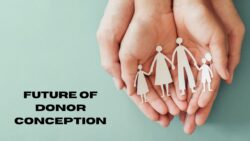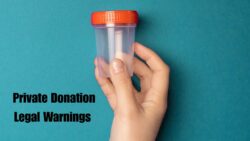Egg Donation in Australia – Egg donation in Australia has become an increasingly common way to help individuals and couples achieve their dream of parenthood. The process involves a woman donating her eggs to another person or couple who cannot conceive naturally. This article explores how egg donation works, the legal rights of donors and recipients, and the support available across Australia. Whether you’re considering becoming a donor or seeking an egg donor, understanding the process and its implications is essential for making an informed decision that aligns with Australian fertility laws and ethical guidelines.

Egg Donation Process for Australian Citizens
In Australia, the egg donation process is highly regulated to ensure fairness, transparency, and the wellbeing of both donors and recipients. The journey usually starts with a fertility clinic conducting health and psychological screenings to determine a donor’s suitability. Once approved, the donor undergoes hormone stimulation to produce multiple eggs, which are later retrieved through a minor surgical procedure. For Australian citizens, egg donation must always be altruistic, meaning no payment is allowed beyond reasonable expenses. Recipients are then matched with donors based on medical and emotional compatibility to maximize success rates and ensure ethical treatment practices across Australian fertility clinics.
Legal Rights and Responsibilities in Egg Donation Across Australia
Egg donation laws in Australia vary slightly between states and territories, but the overarching principle remains the same: donations must be altruistic and transparent. The law grants donor-conceived children the right to access identifying information about their donor once they reach a certain age, usually 18. This ensures openness and long-term emotional wellbeing. Donors have no legal parental rights or responsibilities toward the child. Across Australia, fertility clinics maintain donor registers, and each donor’s identity is recorded to support future access to genetic history. This framework reflects the Australian government’s commitment to protecting the rights of both donors and children born through assisted reproduction.
| Aspect | Details |
|---|---|
| Eligibility | Healthy women aged 21–38 with no major genetic disorders |
| Compensation | Only reasonable medical and travel expenses reimbursed |
| Legal Rights | No parental rights or obligations for donors |
| Recipient Access | Children can access donor details at 18 years |
| Screening | Includes medical, genetic, and psychological evaluation |
Support Services for Donors and Recipients in Australian Fertility Programs
Support plays a crucial role in successful egg donation experiences throughout Australian fertility programs. Both donors and recipients are encouraged to receive counselling to understand the emotional, ethical, and social aspects of egg donation. Fertility clinics in Australia often provide ongoing support groups and post-donation care, helping donors process their experiences and recipients manage expectations. National organizations such as Donor Conceived Australia advocate for transparency, education, and legislative consistency across states. This holistic support system ensures that every participant—donor, recipient, and child—feels valued and informed at every stage of the process.
Ethical Considerations and Counselling in Australian Egg Donation
Ethical considerations are central to Australia’s egg donation system, emphasizing informed consent, emotional readiness, and child welfare. Counselling sessions ensure that donors fully understand their rights, motivations, and potential future implications, including contact with donor-conceived children. Australian counsellors follow guidelines from organizations such as the Fertility Society of Australia and New Zealand (FSANZ) to maintain high ethical standards. These sessions not only protect the donor’s wellbeing but also help recipients approach the process responsibly, ensuring the child’s best interests remain the top priority throughout the journey.
Frequently Asked Questions (FAQs)
1. Is egg donation legal in Australia?
Yes, egg donation is legal in Australia but must be altruistic with no financial payment beyond expenses.
2. Can egg donors remain anonymous in Australia?
No, donor anonymity is not permitted; donor details are recorded for future child access.
3. What are the age limits for egg donors?
Most Australian fertility clinics accept donors between the ages of 21 and 38 years.
4. Do egg donors have any parental rights?
No, donors have no parental rights or responsibilities toward the child born from their eggs.




